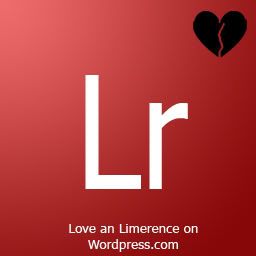Back in 1986, Nintendo is trying to create a disc technology thingy for the NES (known in Asia as the Famicom or Family Computer), but the medium had problems. Its rewritable magnetic nature could be easily erased (thus leading to a lack of durability), and the discs were a piracy danger.
When the details of the CD-ROM/XA, an extension for the CD-ROM format that combines compressed audio, visual and computer data, allowing all to be accessed simultaneously, arrived , Nintendo was interested. The CD-ROM/XA was being developed by Sony and Philips. Nintendo approached Sony for a CD-ROM add-on for the SNES, which is called the "SNES-CD"
A contract was made and signed.
Sony also planned to develop another, Nintendo compatible, Sony-branded console, but one which would be more of a home entertainment system playing both Super Nintendo cartridges and a new CD format which Sony would design. This was also to be the format used in SNES-CD discs, giving a large degree of control to Sony despite Nintendo's leading position in the video gaming market.
The SNES-CD was to be announced at the June 1989 Consumer Electronics Show (CES). However, when Hiroshi Yamauchi read the original 1988 contract between Sony and Nintendo, he realized that the earlier agreement essentially handed Sony complete control over any and all titles written on the SNES CD-ROM format. Yamauchi decided that the contract was totally unacceptable and he secretly canceled all plans for the joint Nintendo-Sony SNES CD attachment. Instead of announcing a partnership between Sony and Nintendo, at 9 a.m. the day of the CES, Nintendo chairman Howard Lincoln stepped onto the stage and revealed that Nintendo was now allied with Philips, and Nintendo was planning on abandoning all the previous work Nintendo and Sony had accomplished. Lincoln and Minoru Arakawa had, unbeknown to Sony, flown to Philips headquarters in Europe and formed an alliance of a decidedly different nature—one that would give Nintendo total control over its licenses on Philips machines. After the collapse of the joint project, Sony considered halting their research, but ultimately the company decided to use what they had developed so far and make it into a complete, stand alone console. As a result, Nintendo filed a lawsuit claiming breach of contract and attempted, in U.S. federal court, to obtain an injunction against the release of the PlayStation, on the grounds that Nintendo owned the name. By the end of 1992, Sony and Nintendo reached a deal whereby the "Sony Play Station" would still have a port for SNES games, but Nintendo would own the rights and receive the bulk of the profits from the games, and the SNES would continue to use the Sony-designed audio chip. However, Sony decided in early 1993 to begin reworking the "Play Station" concept to target a new generation of hardware and software. As part of this process the SNES cartridge port was dropped and the space between the names was removed.
So, there you go, sorry if most is from Wikipedia. If Nintendo didn't broke the contract, there could have not been a playstation, but there is the Sony Wii. hehehe. No, not really. And Sony could have eaten nintendo. But its okay. Its good to have a good competitor. [xbox 360 scuks].



No comments:
Post a Comment